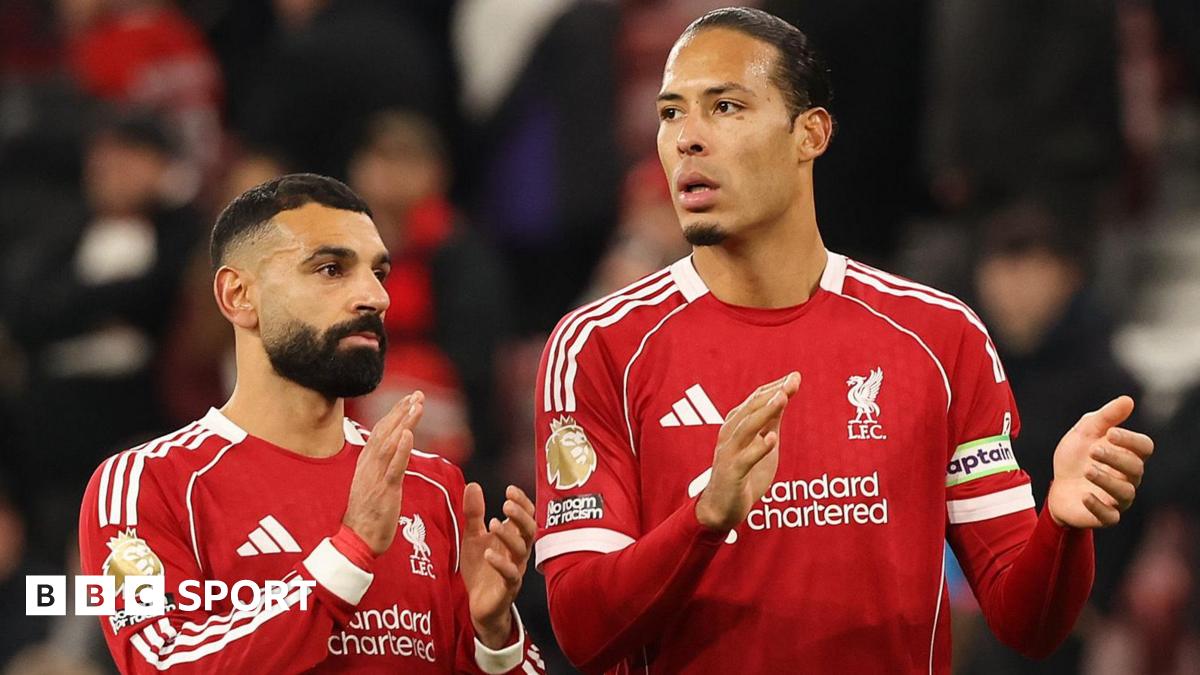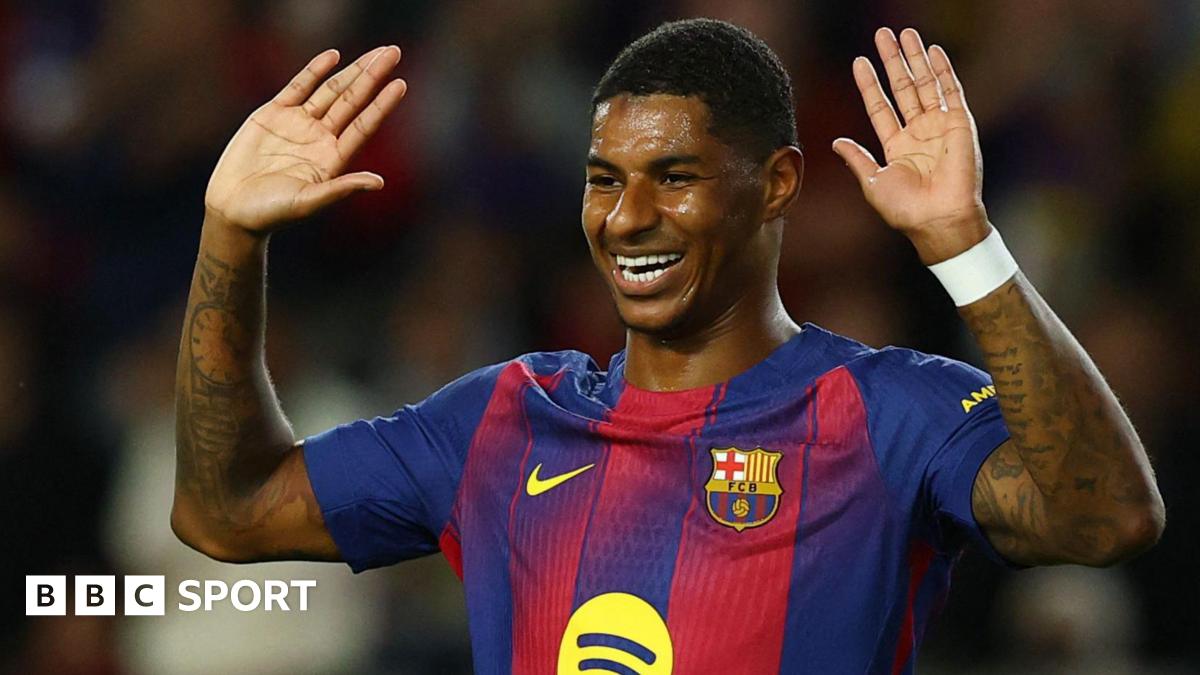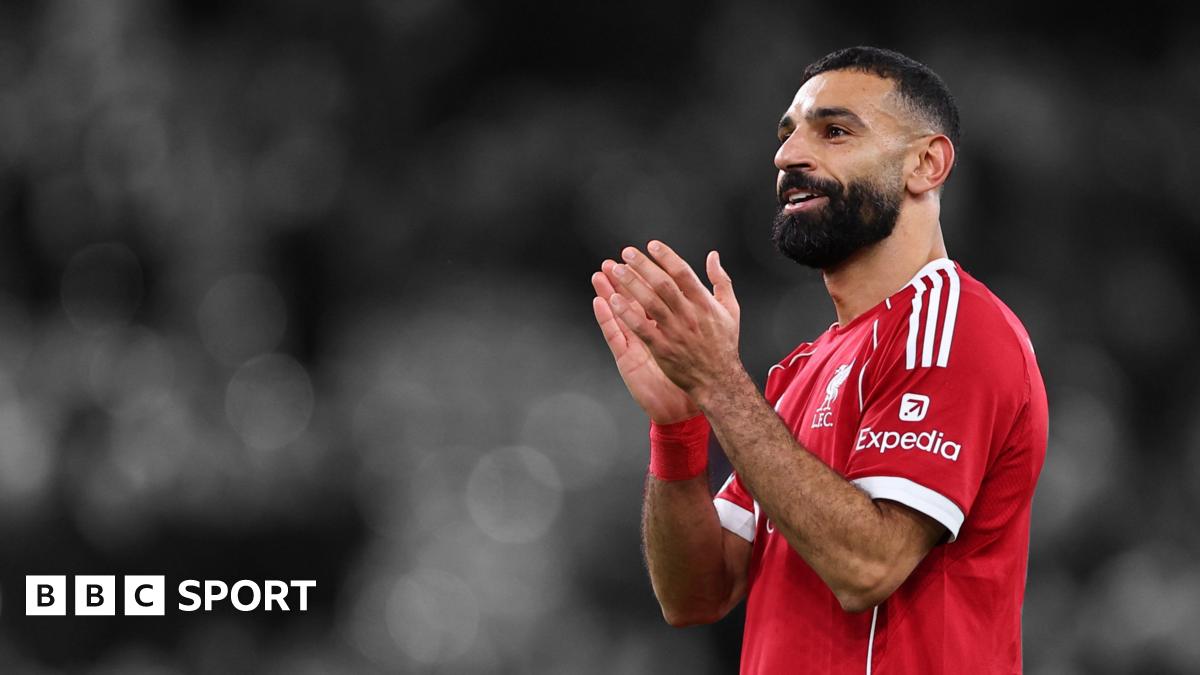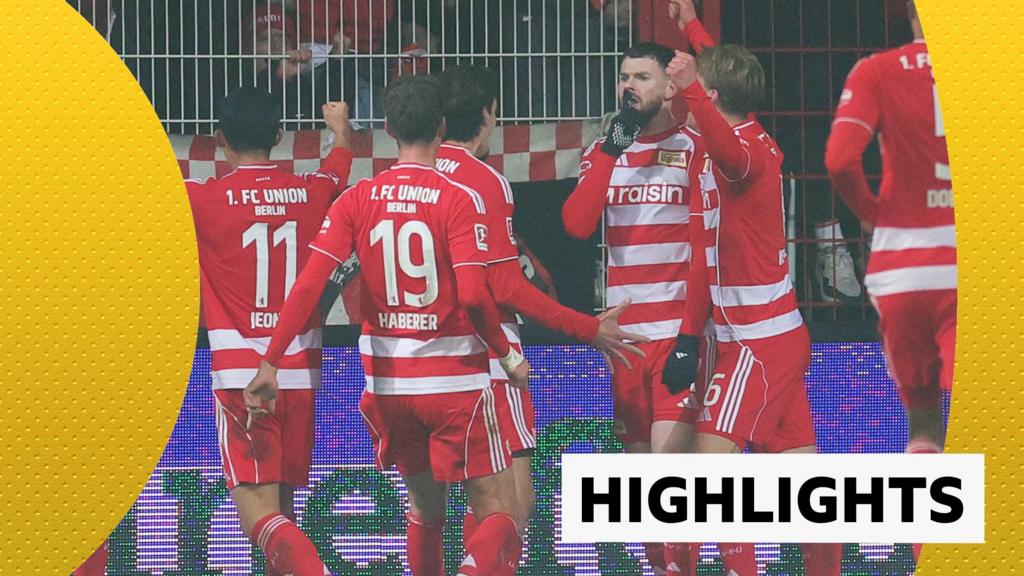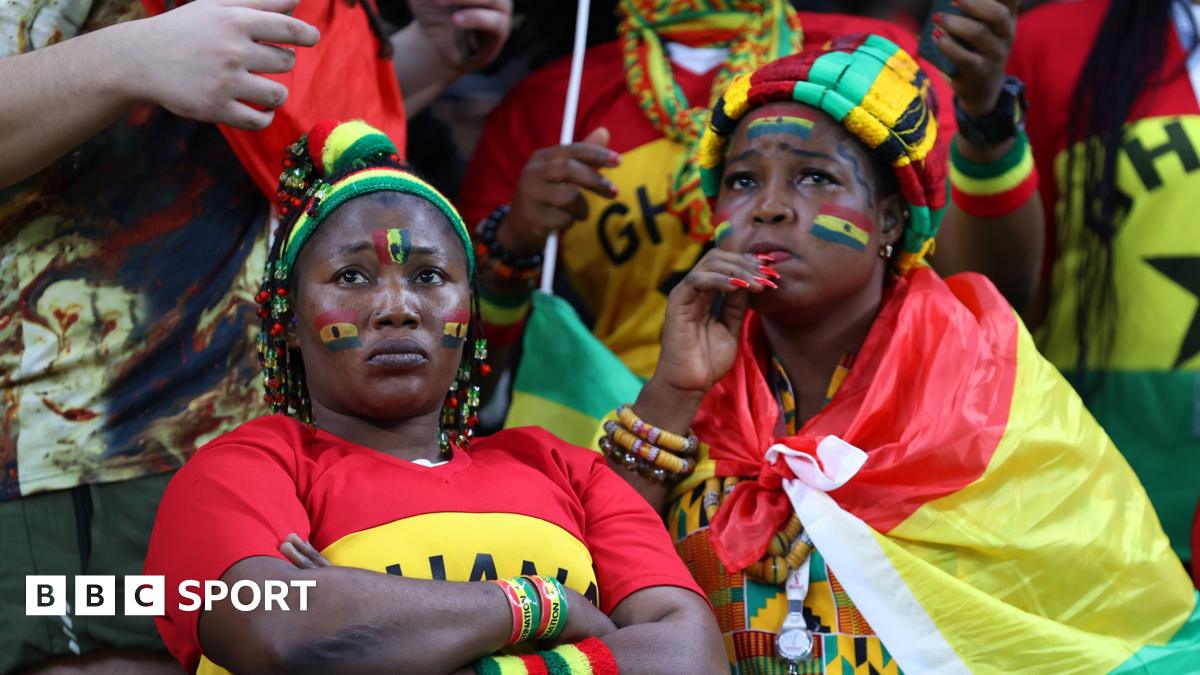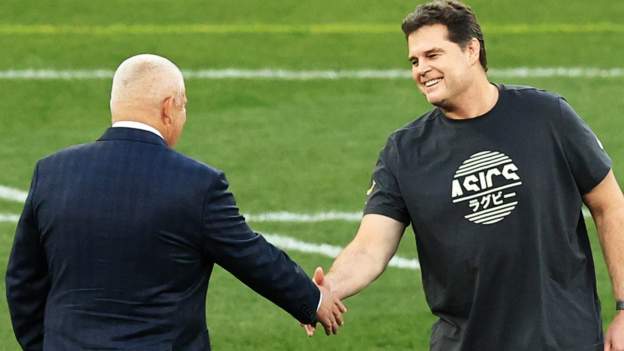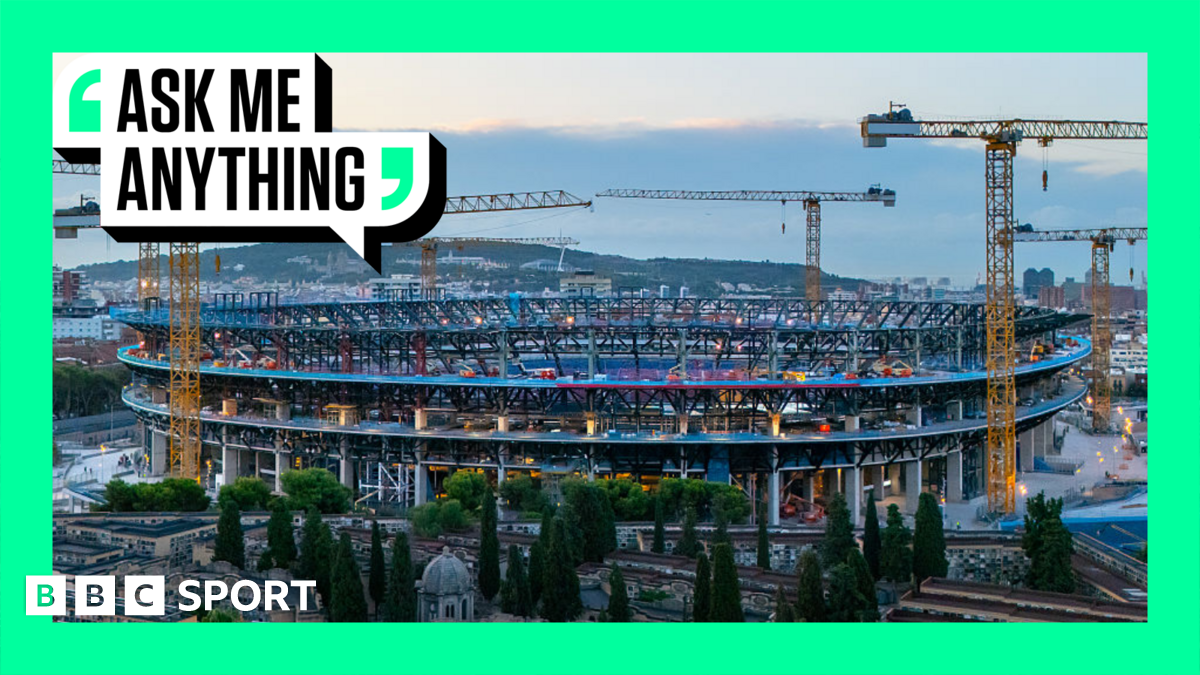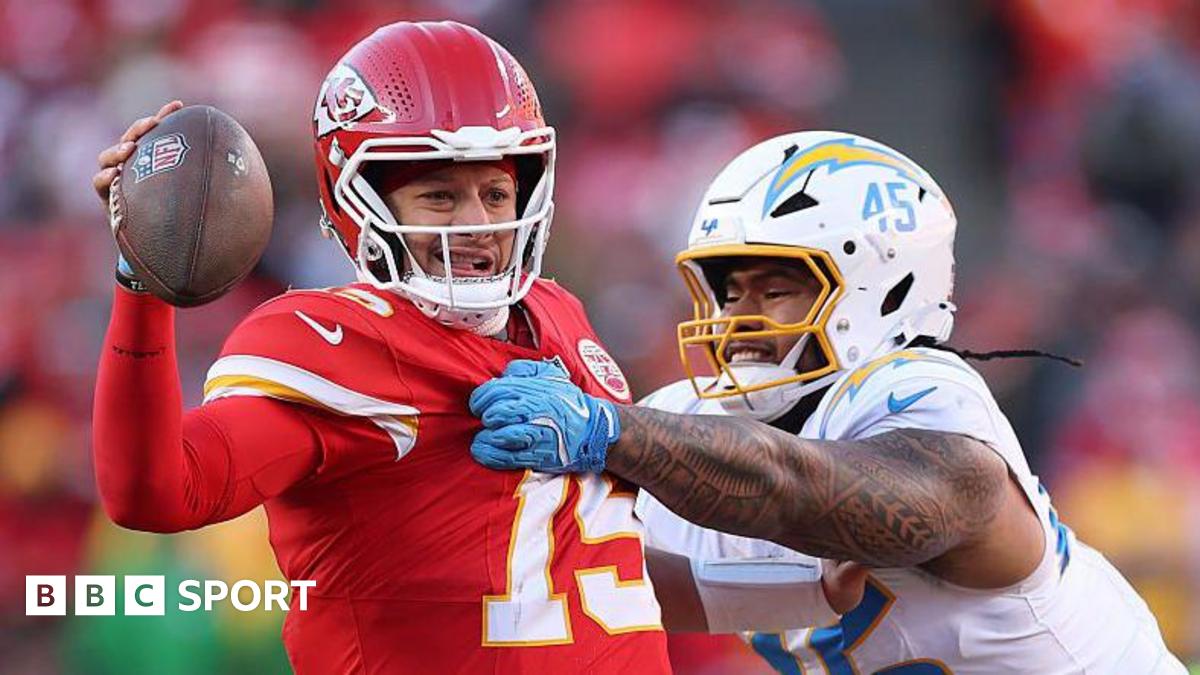Formula 1 has rejected the American Andretti team’s bid to enter the sport in the next two years – but left the door open for admission from 2028.
Andretti’s entry had been approved by governing body the FIA but commercial rights holders F1 felt the proposal for entry in 2025 or 2026 was lacking.
F1 conducted analysis involving key stakeholders and decided an 11th team “would not on its own add value”.
F1 also does “not believe the applicant would be a competitive participant”.
That could change when partner General Motors produces its own engine.
Mario Andretti, the F1 legend and a figurehead of the team run by his son Michael, said he was “devastated” by the decision.
“I won’t say anything else because I can’t find any other words besides devastated,” he said.
GM – which is backing Andretti through its luxury Cadillac brand – has said it plans to build its own F1 engine in time for the 2028 season.
F1 said it would “look differently on an application for the entry of a team into the 2028 championship with a GM power unit, either as a GM works team or as a GM customer team designing all allowable components in-house.
“In this case there would be additional factors to consider in respect of the value that the applicant would bring to the championship, in particular in respect of bringing a prestigious new OEM [car manufacturer] to the sport as a PU [engine] supplier.”
F1 said that before that stage, “the need for any new team to take a compulsory power-unit supply, potentially over a period of several seasons, would be damaging to the prestige and standing of the championship”.
And it dismissed the argument that the Andretti name – associated both with 1978 F1 champion Mario and Michael, an Indycar legend and former F1 driver – was a compelling addition.
“While the Andretti name carries some recognition for F1 fans, our research indicates that F1 would bring value to the Andretti brand rather than the other way around,” a statement said.
Michael Andretti is one of the most successful Indycar drivers of all time who also raced in F1 for most of the 1993 season for McLaren. His team competes in Indycar, endurance racing, touring cars, and the electric Formula E and Extreme E championships.
Mario Andretti is a motorsport legend who raced in F1 from 1968 to 1982, and won 12 grands prix in addition his world title. He was also successful in Indycar and endurance racing.
Other factors taken into account in the decision were the “operational burden on race promoters, [which] would subject some to significant costs”.
And F1 said it was “not able to identify any material expected positive effect on CRH financial results, as a key indicator of the pure commercial value of the championship”.
The decision was arrived at following research and analysis involving broadcasters, sponsors and circuits – the sport’s main revenue streams.
F1’s key finding centred on engine supply. It essentially decided that having to use an engine from an existing manufacturer for a limited period while having close links to a company that would soon be a rival was too big a compromise on the team’s potential competitiveness.
It is a different situation from that of a normal customer engine supply – such as that of Mercedes with McLaren – because of the potential risks to intellectual property and the restrictions F1 considers that would place on collaboration.
The existing F1 teams had made it clear that they were not in favour of Andretti’s entry for 2025 or 2026, on the basis that it would have diluted their earnings from prize money.
Current rules dictate that new entrants must pay an anti-dilution fee of $200m (£158m) to compensate the existing teams but they felt this was insufficient given the current values of F1 teams, which are in the region of $1bn.
However, F1’s statement made no mention of consulting the existing teams in its assessment of Andretti’s bid, or a recognition of their position.
The FIA has been approached for comment.


